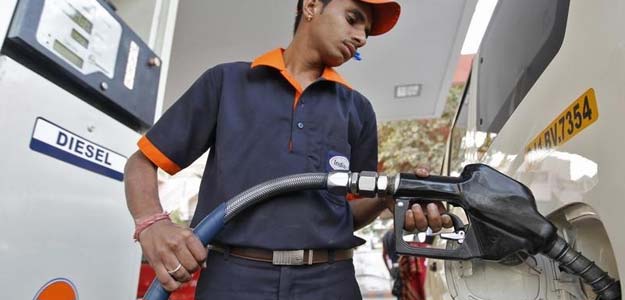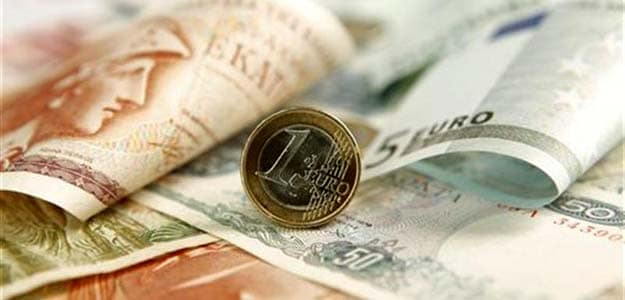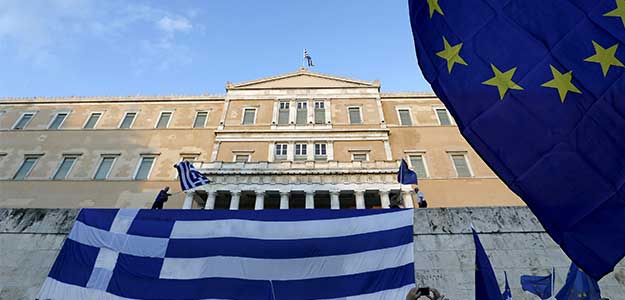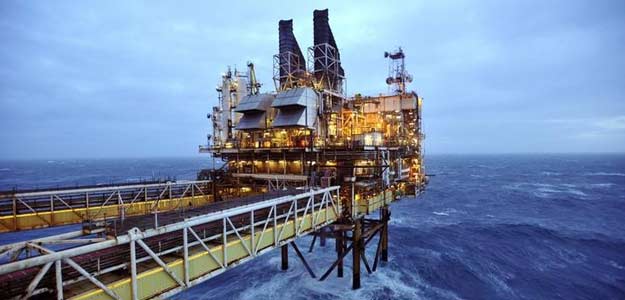Greeks delivered a shocking rebuff to
Europe's leaders on Sunday, decisively rejecting a deal offered by the
country's creditors in a historic vote that could redefine Greece's
place in Europe and shake the continent's financial stability.
As people gathered to celebrate in Athens' central Syntagma Square, the
Interior Ministry reported that with more than 90 percent of the vote
tallied, 61 percent of the voters had said no to a deal that would have
imposed greater austerity measures on the beleaguered country.
The no votes carried virtually every district in the country, handing a
sweeping victory to Prime Minister Alexis Tsipras, a leftist who came to
power in January vowing to reject new austerity measures, which he
called an injustice and economically self-defeating. Late last month he
walked away from negotiations in frustration at the creditors' demands,
called the referendum and urged Greeks to vote no as a way to give him
more bargaining power.
While Tsipras now appears to have his wish, his victory in the
referendum settled little, since the creditors' offer is no longer on
the table. There remains the possibility that they could walk away,
leaving Greece facing default, financial collapse and expulsion from the
eurozone and, in the worst case, from the European Union.
Tsipras went on television briefly to say he would resume negotiations
immediately. He said that the vote was not a mandate for "rupture" with
Europe and that it would strengthen his ability to negotiate a "viable''
future for Greece in the eurozone.
"The people today replied to the right question," he said. "They did not
answer to the question in or out of the euro. This question needs to be
taken out of the discussion, once and for all."
At stake, however, may be far more than Greece's place in Europe, as
experts have offered wildly differing opinions about what the referendum
could mean for the future of the euro and the world's financial
markets.
Even before the voting was over, some European leaders began making
efforts to contain the potential damage. Chancellor Angela Merkel of
Germany said she would travel to Paris on Monday to meet with the French
president, Francois Hollande, for a "joint assessment of the situation
after the Greek referendum." Later, the two leaders called for a
European Union summit meeting on Tuesday.
To some, the vote was virtually a point of no return. Germany's economy
minister, Sigmar Gabriel, who is also the leader of the Social
Democrats, said it was now hard to see how talks could resume on a
bailout deal.
"Tsipras and his government are leading the Greek people on a path of
bitter abandonment and hopelessness," he told the daily Tagesspiegel,
adding that they have "torn down the last bridges on which Greece and
Europe could have moved toward a compromise."
The vote took place under what some analysts called a financial carpet
bombing. The European Central Bank severely limited financial assistance
to Greek banks, forcing them to close a week before the referendum,
making it hard for retirees to get their money and raising widespread
fear here that people would lose their deposits.
The news media, dominated by Greek oligarchs, saturated the airwaves and
the newspapers with stories about losing gasoline and medicines, while
the plight of elderly pensioners was afforded far more attention than in
the past, media experts said.
Nonetheless, many voters, tired of more than five years of soaring
unemployment and a collapsing economy, said they could not accept the
terms of the European offer, which imposed yet more pension cuts and tax
increases, without any hint of debt relief.
As word spread of a likely victory for the no vote, people began
gathering in Syntagma Square. They streamed out of the metro - which is
free in this week of capital controls - and drove by, honking horns.
Vendors sold Greek flags, and there was a peaceful, celebratory
atmosphere.
People made speeches. Some remembered that at the beginning of the
crisis in 2011 Syntagma became a gathering place for protesters. But in
those days it was a scary place, they said, in contrast to Sunday night.
While there had been speculation about Tsipras stepping down in the
event of a yes vote, the man he succeeded as prime minister, Antonis
Samaras, the leader of the New Democracy Party, announced his
resignation, saying, "I understand that our great party needs a new
start."
For some voters, the week of hardship - they could withdraw only 60
euros (about $67) a day from ATMs, and already some pharmacists were
refusing to fill prescriptions - only strengthened their sense that
Greece needed to stand up for itself.
After five years in which unemployment soared beyond 20 percent and the
country's economy contracted by 25 percent, many said that a no vote was
at least a vote for hope, the possibility of a new deal, rather than
following the mandates of creditors who had failed to set Greece on a
course to recovery.
For others, the hardship proved only that Greece, like it or not, was in
the hands of its creditors and could do little but take whatever terms
were being offered - the alternative of default, financial collapse and
withdrawal from the euro being unthinkable. In many cases, they blamed
Tsipras' young government for having returned the country to recession
when it had shown small signs of recovery just before the January
elections.
At a polling place near the archaeological museum in Athens turnout was
low, poll workers said. And people coming out of the voting booths
seemed split.
"I voted with my heart and also my mind," said Marie Triadafillou, who
works in transportation logistics and voted yes. "I believe when you are
in a union you cannot leave. We say in our country if the sheep leaves
the flock it cannot live."
Yet others felt that the referendum was not about staying in the
eurozone but simply part of the long negotiations between Greece and its
creditors, which broke off more than a week ago when a frustrated
Tsipras left Brussels and called for the referendum.
Since then, European officials have refused to negotiate further and to
extend a deadline for the last bailout program, setting up a decision by
the European Central Bank to cap its emergency support to Greek banks.
This forced the government to close the banks for fear of extended bank
runs.
At a polling station in a middle-class Athens neighborhood, Baizar
Tazerian, 76, said that she was angered by what she believed had been
European interference in the ballot and that she had just voted to
reject the deal in the referendum.
"No means that we don't have to say yes to whatever they are saying," Tazerian said.
At a polling station in a southern neighborhood of Athens, Pantiotis
Andrikopoulos, 33, a student, said he planned to vote no "because I
don't like being blackmailed by the EU." He did not buy European
arguments that a no vote meant Greeks wanted to leave the eurozone. "I'm
for Europe but against the memorandum," he said, as he stood in a long
line of people waiting to vote.
He also was not worried that Greek banks would remain closed if the no
vote prevailed. "I don't believe that," he said. "They're trying to
terrorize people with such talk."
In Ilisia, a middle-class neighborhood, poet Titos Patrikios, 87, voted
at a school that was surrounded by pink and white oleander.
Patrikios seemed to embody much of his country's modern history. As a
teenager during World War II, he took part in the resistance against the
German occupation. After the civil war, he was imprisoned for his
leftist sympathies. And after the military seized power in 1967, he was
forced into exile.
Patrikios said he was voting yes, but urged others to vote their own
consciences. "I vote yes because the real dilemma is inside or outside
of Europe," Patrikios said. "In Europe, things are difficult sometimes,
they are critical. But outside Europe is the catastrophe. So we have to
choose between catastrophe and difficult."
He added that the most important thing was to avoid pitting Greeks
against Greeks, but that he was not too worried: "I suffer from one
illness and that is incurable optimism."
Athanasis Chryssochoidis, 76, a pensioner, said Greece was being made an
example in case other Southern European nations tried to challenge the
dictates of the eurozone.
"Tsipras and all of them want to negotiate," Chryssochoidis said. "But
as soon as they said yes to something, the Europeans put up more
demands. The issue is that Syriza is a left party and they don't want
such mischief."







